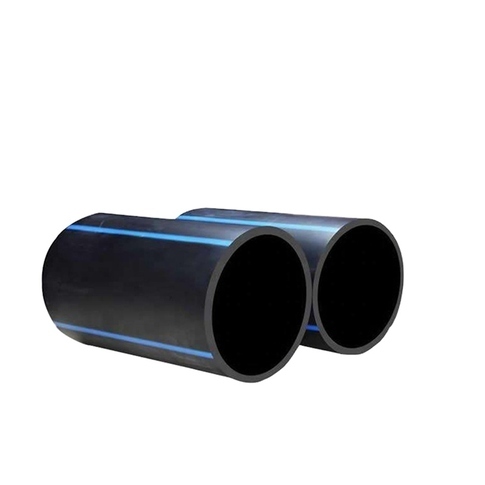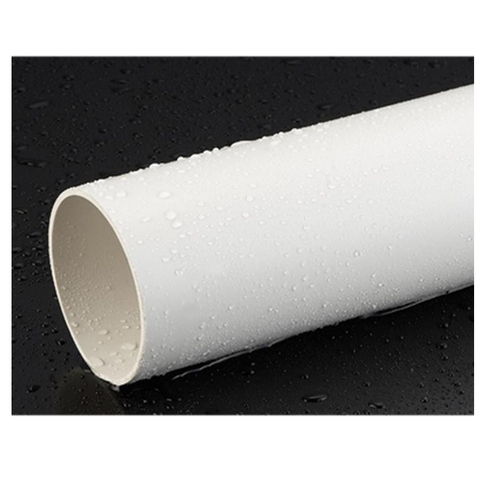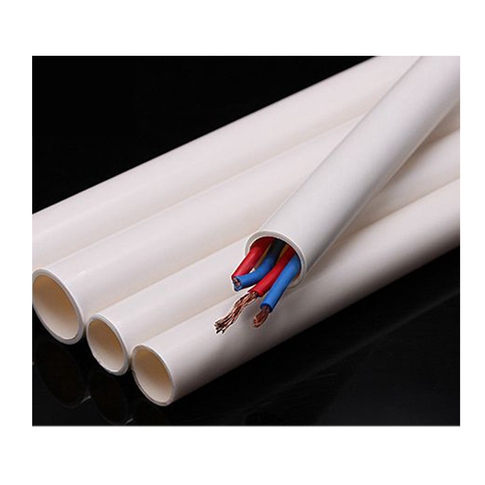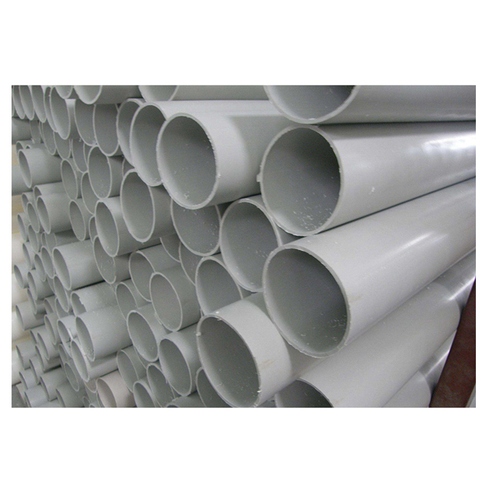03
Nov
HDPE Pipes vs PVC Pipes: A Comparative Analysis
When it comes to selecting the right piping material for your project, the debate often comes down to HDPE pipes versus PVC pipes. Understanding the differences between these two types of pipes is crucial for making an informed decision that aligns with your project’s requirements.
Key Properties of HDPE Pipes
High-Density Polyethylene (HDPE) pipes are renowned for their robustness and flexibility. They can withstand higher pressure applications and are resistant to many types of chemical exposures. Here’s a quick rundown of their key attributes:
- Durability: HDPE is less prone to cracking.
- Flexibility: HDPE can bend, accommodating soil movements.
- Corrosion Resistance: Impervious to rust and corrosion.
- Longevity: Lifespan of up to 50 years.
- Temperature Tolerance: Performs well in a range of temperatures.
- Installation: Welded joints make leaks rare.
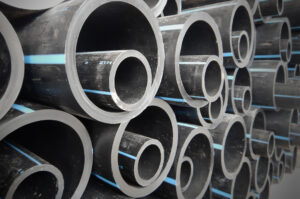
Key Properties of PVC Pipes
Polyvinyl Chloride (PVC) pipes are widely used in both residential and commercial plumbing. They are an excellent choice for sewer lines and other applications where a rigid pipe is required. Here are their primary characteristics:
- Cost-Effectiveness: Generally more affordable than HDPE.
- Rigidity: PVC is a more rigid pipe that can maintain shape.
- Chemical Resistance: Resistant to many chemicals, though less so than HDPE.
- Ease of Installation: Lightweight and easy to handle.
- Joint Integrity: Solvent-welded joints are often very reliable.
- Environmental Impact: PVC production and disposal have a higher environmental impact.
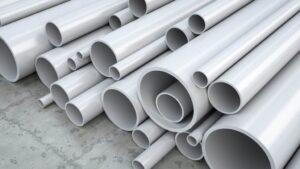
Comparative Table
To give you a more direct comparison, here’s a table that puts HDPE and PVC side by side:
| Feature | HDPE Pipes | PVC Pipes |
| Material Flexibility | High | Low |
| Corrosion Resistance | Excellent | Good |
| Chemical Resistance | Excellent | Good |
| Installation Method | Welding | Solvent Welding/Gluing |
| Lifespan | Up to 50 years | 25-40 years |
| Temperature Tolerance | Wide Range | Limited Range |
| Environmental Impact | Lower | Higher |
When to Choose HDPE Pipes
HDPE pipes are the preferred option when you need piping that can handle high-pressure applications and have a longer lifespan. They are ideal for:
- Municipal water systems
- Industrial applications
- High-pressure gas lines
- Situations requiring flexible piping solutions
When to Choose PVC Pipes
PVC pipes are more suitable for:
- Residential plumbing
- Sewer lines
- Lower-pressure applications
- Projects with tighter budgets
In Conclusion
Your choice between HDPE and PVC pipes should be guided by the specific requirements of your project. Consider the pressure demands, the chemical exposure, the installation environment, and budgetary constraints. Always consult with industry experts and refer to local codes and standards to ensure that you make the most appropriate choice for your piping needs.
Understanding the unique properties of HDPE and PVC will guide you towards the right decision, ensuring functionality, durability, and cost-effectiveness of your project’s piping infrastructure.

